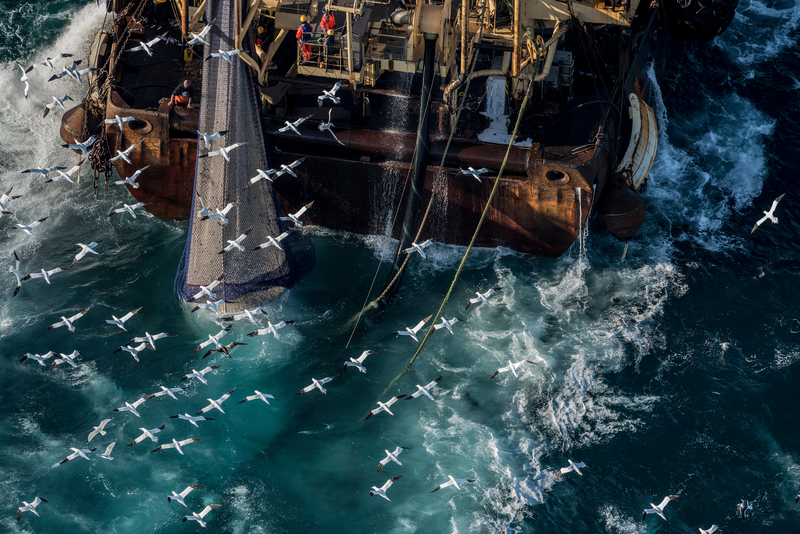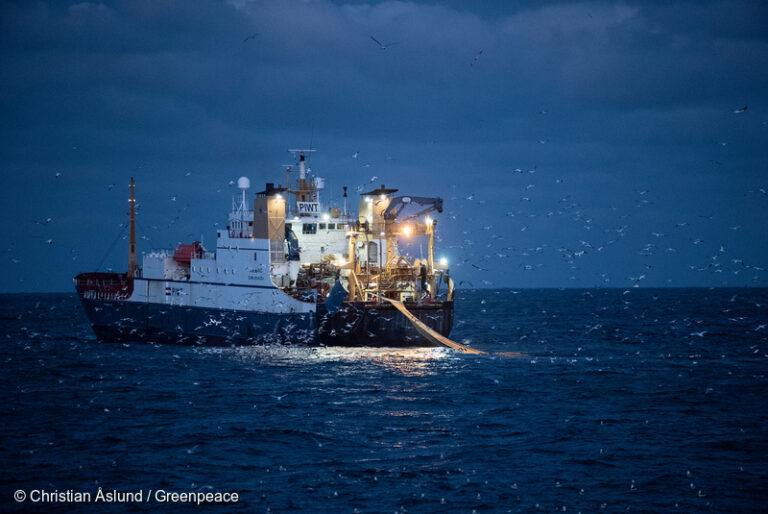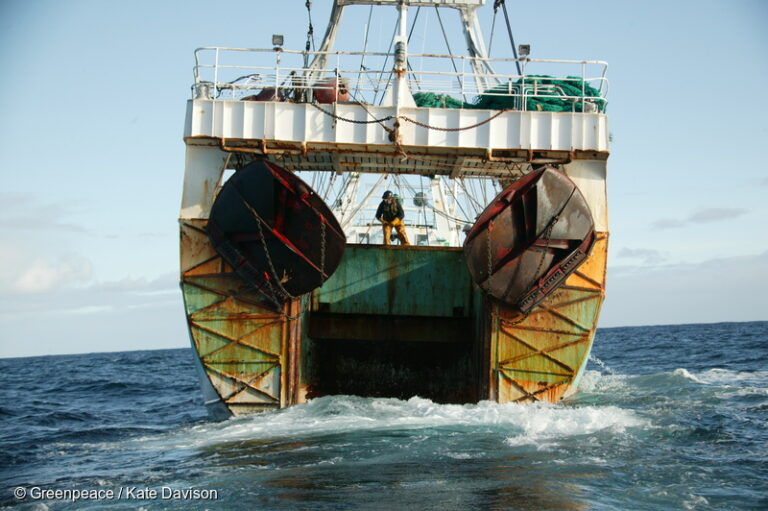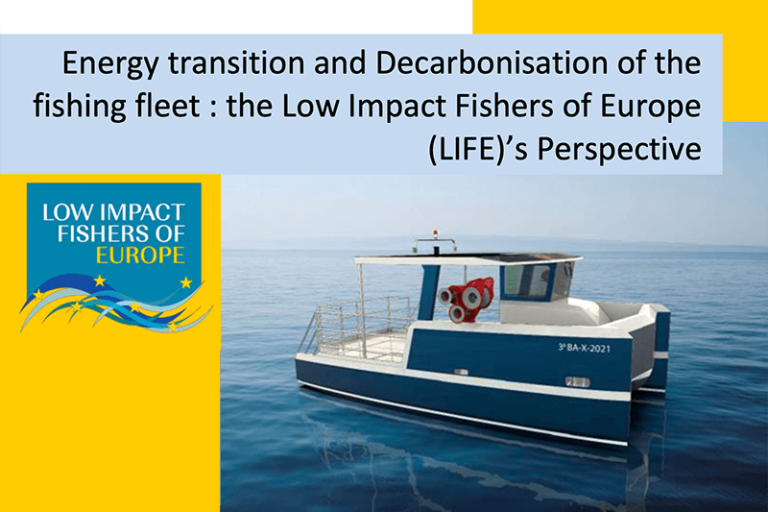
The European Commission just released its ‘Fit for 55’ package – a series of legislative proposals designed to fulfil the European Green Deal’s (EGD) objective of slashing carbon by 55% net by 2030.
But ClientEarth lawyers say the package has shied away from action at the scale required, raising issues with the Energy Taxation Directive (ETD), which sets the rules for taxing energy products in the EU, and the Renewable Energy Directive (RED2).
The ETD has been undergoing a revision to bring it in line with the EGD, but the Fit for 55 package reveals that fuel taxes for some sectors like fisheries in EU waters – where the carbon footprint has been shown to be much higher than previously thought – are being kept at a bare minimum for vessels in EU waters. Meanwhile, the long-distance fleet, which is the most CO2-intensive, remains fully exempt.
ClientEarth lawyer Flaminia Tacconi said: “This revision risks maintaining the status quo in sectors like fisheries, with only very low taxation for fishing vessel fuel in EU waters and no taxation at all on fuel for vessels operating beyond EU waters. The fishing industry, and in particular the large-scale vessels that are so destructive for the ocean, must be part of the global effort to combat climate change – starting with bearing the true cost of its fuel.”
Because the ETD is being framed as a tax measure and not exclusively as an environmental measure, the Parliament will be excluded from the revision process.
Tacconi added: “A cornerstone of the EGD is that it needs to be collaborative and leave no one behind. Tax decisions must be handled with care and in liaison with the representatives of the people. We call on the European Council to fix these issues and change the ETD’s outdated legal basis to ensure the Parliament has a say.”
As part of the ‘Fit for 55’ package, the Commission also proposed revisions to the Renewable Energy Directive including a new target of 40% for the share of renewable energy in the EU’s energy mix.
ClientEarth energy lawyer Guillermo Ramo said: “It is clear that to tackle climate change we need to speed up the deployment of renewables. The Commission’s proposed renewables target is a step in the right direction but is clearly insufficient to put Europe on track for climate neutrality by 2050.”
ClientEarth also criticised the Commission’s failure to follow due process during the drafting of the Renewable Energy Directive. It did not publicise the impact assessment and the opinions of the Regulatory Scrutiny Board (an independent body advising the Commission) as it is legally obliged to.
Ramo said: “It has been a guessing game for the public and NGOs as to what the Commission is thinking and doing. There shouldn’t be any obstacle for civil society to engage in the decision-making process, especially for such a crucial piece of legislation.”
ENDS
About ClientEarth
ClientEarth is a non-profit organisation that uses the law to create systemic change that protects the Earth for – and with – its inhabitants. We are tackling climate change, protecting nature and stopping pollution, with partners and citizens around the globe. We hold industry and governments to account, and defend everyone’s right to a healthy world. From our offices in Europe, Asia and the USA we shape, implement and enforce the law, to build a future for our planet in which people and nature can thrive together.




